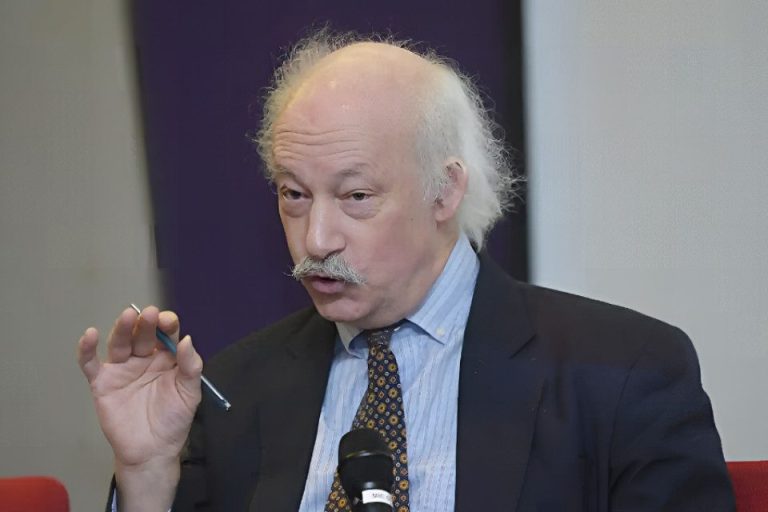On June 25, 2025, a coalition of Civil Society Organisations (CSOs) from around the world met on the margins of the XVIth International Conference of Information Commissioners (ICIC) in Berlin, Germany, for the first-ever parallel NGO Day event, where they adopted the Berlin CSO Declaration on the Right to Information and Environmental Justice, marking a significant milestone in the global movement for transparency and environmental accountability.
At the core of the Declaration is the principle that access to public information is an inalienable human right essential for participatory democracy, anti‑corruption efforts, and accountability. Against the backdrop of the “triple planetary crisis” of climate change, pollution, and biodiversity loss, the CSOs emphasised that meaningful environmental justice depends on unrestricted access to environmental data and official documents.
While speaking at the event, Toby Mendel, the Executive Director of the Centre for Law and Democracy, said: “It is really exciting that, after more than 20 years, the ICIC has finally instituted this parallel event, providing a very welcome opportunity for CSOs, working as a community, to focus on issues of concern to us, something we rarely get to do. The Declaration captures some of the more important issues for CSOs today, with a particular focus on the huge challenges of shrinking civic space for CSOs in many countries.”
The Declaration commits CSOs to vigorous collective advocacy by working collectively to promote the adoption or reform of robust right‑to‑information laws and to ensure that these laws are faithfully implemented. By pooling their expertise and resources, organisations will amplify their voices in national and international fora, pressing legislators and public authorities to enshrine transparency as a fundamental right.
Protecting civic space is another cornerstone of their agenda. CSOs will rally against all forms of repression, whether through Strategic Lawsuits Against Public Participation (SLAPPs), intimidation tactics, or funding restrictions, and will actively lobby for the introduction and passage of anti‑SLAPP legislation. This defensive posture aims to shield human rights defenders, journalists, and other activists from legal harassment and preserve an environment in which dissenting voices can be heard without fear of reprisal.
Finally, CSOs will enhance collaboration and capacity‑building through the systematic sharing of best practices. By organising joint training sessions, exchanging research, and developing common toolkits, organisations will strengthen the right‑to‑information sector as a whole. This collective learning approach will ensure that even smaller or less‑resourced groups can effectively demand accountability and transparency in their respective countries.
The declaration also commits States to enact or update legislation that guarantees broad public access to information, especially crucial environmental indicators, while framing narrow, transparent exceptions and allowing for public‑interest overrides. It also urged States to establish well‑resourced, independent information commissions vested with the authority to enforce compliance, monitor the performance of public bodies, and impose sanctions for obstructions. Ensuring that women, indigenous peoples, persons with disabilities, youth, and other marginalised groups can access information on an equal footing is imperative, as is allocating sustainable funding to support ongoing advocacy efforts. Finally, it urged States to ratify and implement key regional instruments, such as the Aarhus Convention and the Escazú Agreement, to reinforce their commitment to transparency and environmental justice.
Lastly, the Declaration encouraged the International Conference of Information Commissioners (ICIC) to institutionalise the parallel CSO Day at all future conferences, embedding it as a regular feature in the event’s programme. Furthermore, it urged the ICIC to actively engage civil society organisations in conference planning and programming to ensure diverse discussions and outcomes.





